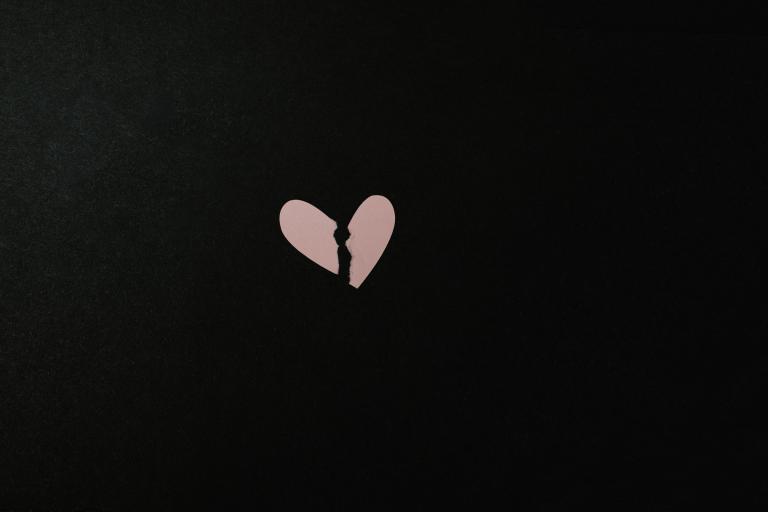I grew up a country music fan, so I get the appeal of breakup revenge. When somebody hurts you, you want to get back at them. You want them to feel what you feel. In a very raw way, you want them to be punished, to have to face negative consequences for treating you the way they did.
With the prominence of social media, the practice of dating revenge can be shared, bragged upon, etc. Just yesterday I saw two or three posts (and at least one other article on a website) about extreme things people did to “get back” at their exes.
Why do we act this way? And let’s be honest, even if we don’t act it out, we are often thinking about how sweet an act of revenge would be. Most of our revenges are not extreme. They run the gambit from blocking them on Twitter to hooking up with their best friend, writing a scathing social media post to destruction of property.
Dating revenge is foolishness. It doesn’t communicate the pain and revenge we are aiming for. It says something else altogether, something we are not trying to say at all.
Knee-Jerk
Love is a risk. An act of vulnerability. A letting go of control, trusting someone to love you back, to care for you, to share life with you.

A breakup signifies a risk gone wrong, at least in the sense that the relationship did not work out.
When this happens, we feel lost and exposed, rejected. And the knee-jerk reaction is to try to do something to regain a sense of control. This is why a “rebound” hookup is such a phenomena – we want some semblance of acceptance, superficial as it may be. We are scared and hurt. The understandable reaction is to change the circumstances so that we can be okay again. So, we try to manipulate, control. We do not want to be the victims of pain, so we try to be the enactors.
The Looking Glass
The problem with all of this is that it does not work. Our pain remains and it remains ours. We can not pass it off to others.
Even worse, what we do is communicate something else entirely. My first reaction whenever I see a story about somebody doing something to get back at an ex is: “kind of proving them right, aren’t you?”

This sounds harsh and I know it is. But if I break up with someone and they do something crazy, I am likely to feel better about myself, not worse. Even if my tires are slashed or there is a scathing comment about me on social media. Those scathing retorts, after all, say more about us than the ex they are aimed at. Nobody in the history of relationships has said, “I broke up with him/her, but then they cursed me out on Twitter (or slept with my best friend, etc.) and I realized I had made a mistake. I regret it to this day.”
You might destroy property or get a rise out of someone, but in the end your act of revenge is likely going to make them feel better about themselves.
Steward of One
The reason all of this is important is because we are often blinded by our pain and our circumstances. And when this is the case, we forget the most important truth of our lives: that stewarding one’s own character is a job only one can do. And our actions reveal our character. So even when we are aiming at others, we are revealing ourselves. We are showing our heart, unearthing our hand.

And I am not suggesting it is not okay to be hurt and angry. That is more than okay. It is justified and the most proper response to being rejected. But you cannot control being rejected by others. What you can control is how you respond. Said another way: you cannot control who other people are but you can control who you are.
















